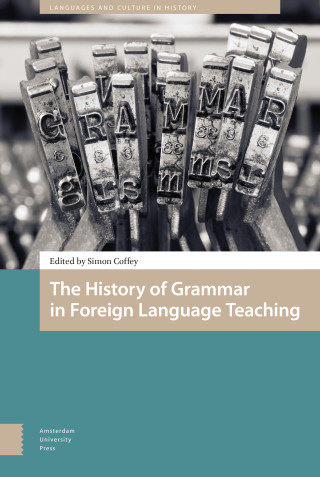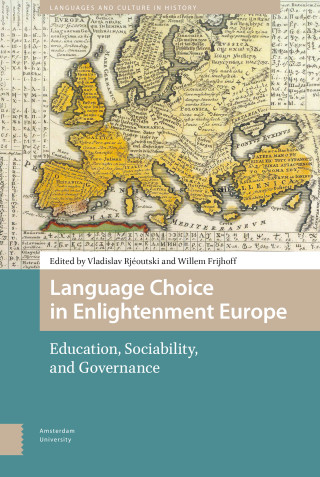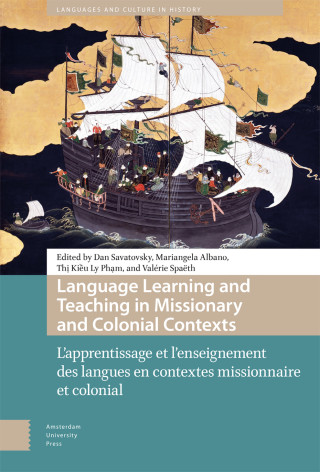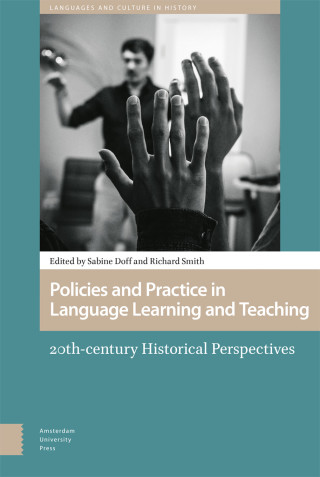This volume addresses the historical neglect of women’s contributions to language learning and teaching. While the historiography of language education has often focused on male-dominated frameworks, overlooking the pivotal roles women have played, the case studies in this book highlight female pioneers in language education across various cultural and linguistic traditions, from the Middle Ages to the twentieth century. Covering a wide range of languages – including Greek, Arabic, French, and English – and exploring the gendered dimensions of language education, where social class and gender influence both the languages taught and the methods employed, the book reveals women’s agency in shaping language education – and the systematic undervaluing of their contributions. In doing so, it calls for a broader, more inclusive historiography that recognises women’s significant impact on the field, often in non-institutional and domestic contexts, and a reconsideration of the history of language education to acknowledge the contributions of women globally.





